Balancing the Gut: Treating Irritable Bowel Syndrome (IBS) with Acupuncture
Irritable Bowel Syndrome (IBS) is one of the most common gastrointestinal disorders, affecting 10-15% of the population and something I see the most in my clinic. With symptoms like abdominal pain, bloating, gas, diarrhea, and constipation, IBS is a chronic condition that can really disrupt someone’s life. Many people are exploring acupuncture as a natural and holistic way to manage and reduce their symptoms such as stress as a trigger for most IBS.
UNDERSTANDING IBS FROM A WESTERN AND EASTERN PERSPECTIVE
From a Western medical standpoint, IBS is considered a functional gastrointestinal disorder, meaning it arises from dysfunction in how the gut and brain interact, rather than from structural abnormalities. Triggers include stress, infections, hormonal changes, and certain foods.
In Traditional Chinese Medicine (TCM), IBS is often linked to disharmony between the liver and spleen, stagnation of qi (energy), or an imbalance of cold and heat in the digestive system. These imbalances can cause symptoms that align with the various IBS subtypes: IBS-D (diarrhea predominant), IBS-C (constipation predominant), or IBS-M (mixed).
HOW ACUPUNCTURE CAN HELP IBS
Acupuncture works by stimulating specific points on the body to promote balance, regulate organ function, and restore the smooth flow of qi. For IBS, acupuncture aims to calm the nervous system, strengthen digestive organs, reduce inflammation, and harmonize the gut-brain connection.
Mechanisms of action include:
Regulating gut motility: Acupuncture can normalize the speed of bowel movements, slowing them in diarrhea and stimulating them in constipation.
Modulating the brain-gut axis: Research shows acupuncture affects the central nervous system and helps regulate the interaction between the brain and gut, reducing stress-related flare-ups.
Reducing visceral hypersensitivity: People with IBS often have heightened pain sensitivity in the gut; acupuncture can reduce this sensitivity.
Balancing autonomic nervous system: By shifting the body out of "fight or flight" and into a more relaxed "rest and digest" mode, acupuncture supports better digestion.
SCIENTIFIC RESEARCH SUPPORTING ACUPUNCTURE FOR IBS
Modern studies provide encouraging evidence for acupuncture’s effectiveness in treating IBS:
A systematic review and meta-analysis published in World Journal of Gastroenterology (2020) found that acupuncture significantly improved IBS symptoms compared to conventional treatments and placebo.
A randomized controlled trial in the Annals of Internal Medicine (2006) showed that acupuncture reduced the severity of IBS symptoms and improved patients’ quality of life.
A study in The American Journal of Gastroenterology (2004) concluded that acupuncture provided sustained relief for IBS patients who did not respond to medications.
These studies suggest that acupuncture may be a safe and effective option, particularly for patients seeking alternatives to long-term medication use or who experience side effects from standard treatments.
WHAT TO EXPECT FROM TREATMENT
For any digestive disorders, I always use my Japanese abdominal palpation diagnosis to come up with a specific and highly tailored treatment plan. Clearing the abdominal reflexes usually brings immediate relief of pain. Having said this, cumulative treatments work best for this chronic condition, so I’d usually see patients once a week for at least 4-6 weeks before we decide on a maintenance treatment plan.
THE EMOTIONAL SIDE OF IBS
Stress and anxiety are key contributors to IBS flare-ups. Acupuncture is well known for its calming effects on the nervous system. Many patients report improved mood, better sleep, and a general sense of well-being after sessions—benefits that contribute significantly to managing IBS holistically.
Acupuncture offers a powerful, drug-free approach to managing Irritable Bowel Syndrome. By addressing both the physical symptoms and underlying emotional stressors, acupuncture helps bring balance to the digestive system and supports long-term gut health. With growing scientific validation and centuries of clinical use, acupuncture is becoming a trusted ally for those living with IBS. Always seek a Licensed Acupuncturist (L.Ac.) for the best treatments.

